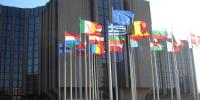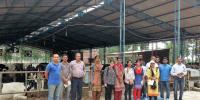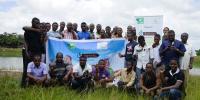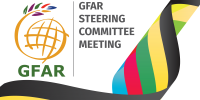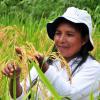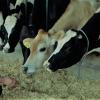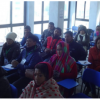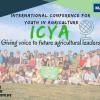Welcome to the GFAR Update!
GFAR is an open and inclusive movement for change, open to all who share in our common purpose of advocating for, and catalyzing Collective Actions to strengthen and transform agri-food research and innovation systems, so that they are more effective in sustainable development. GFAR Update is a briefing service from the GFAR Secretariat. Our aim is to keep you regularly informed and aware of new initiatives and collective actions of the Partners in GFAR around the world, so that these can have greater reach and impact for those we serve - in particular for poor smallholder farmers and consumers.








